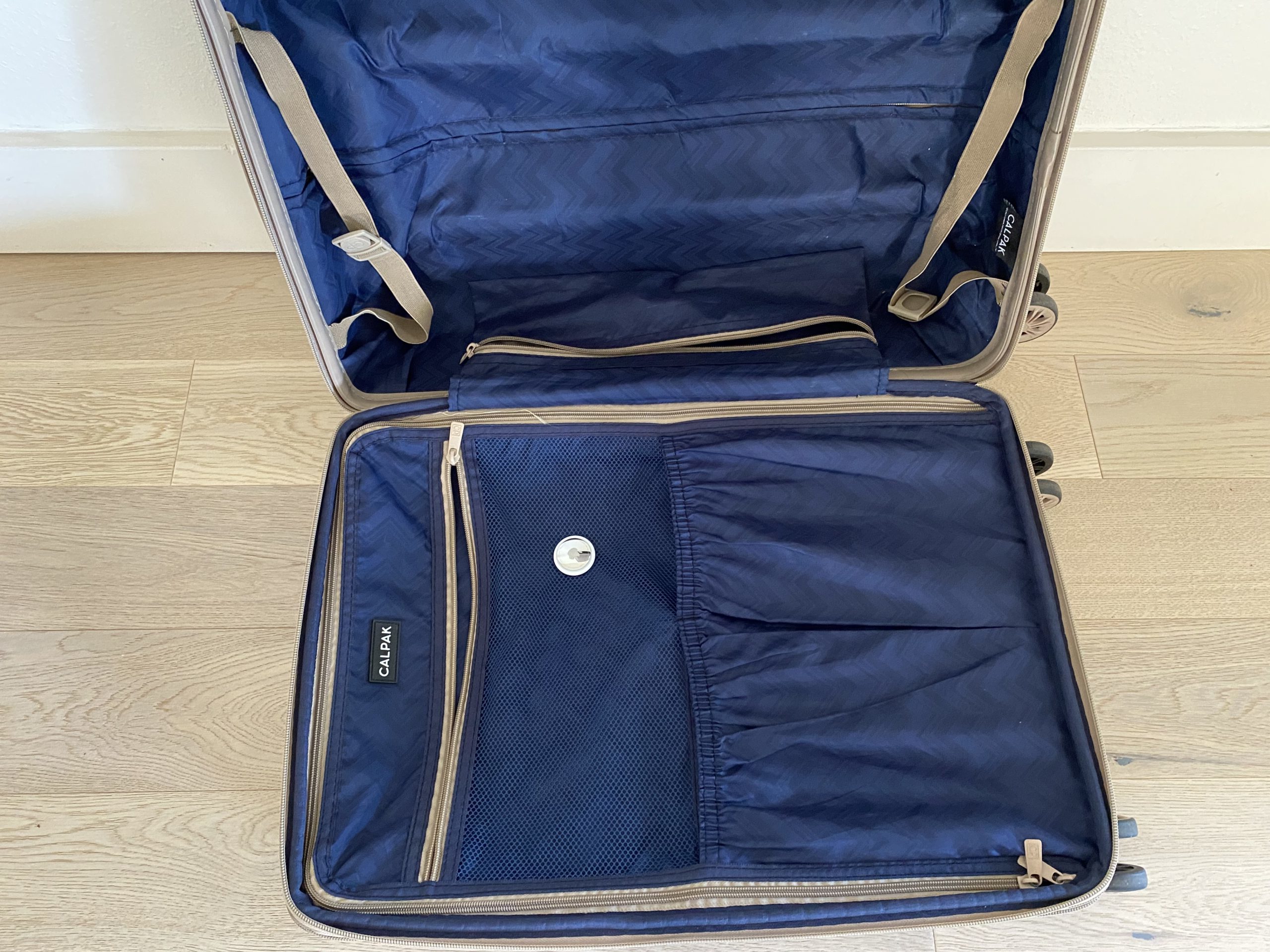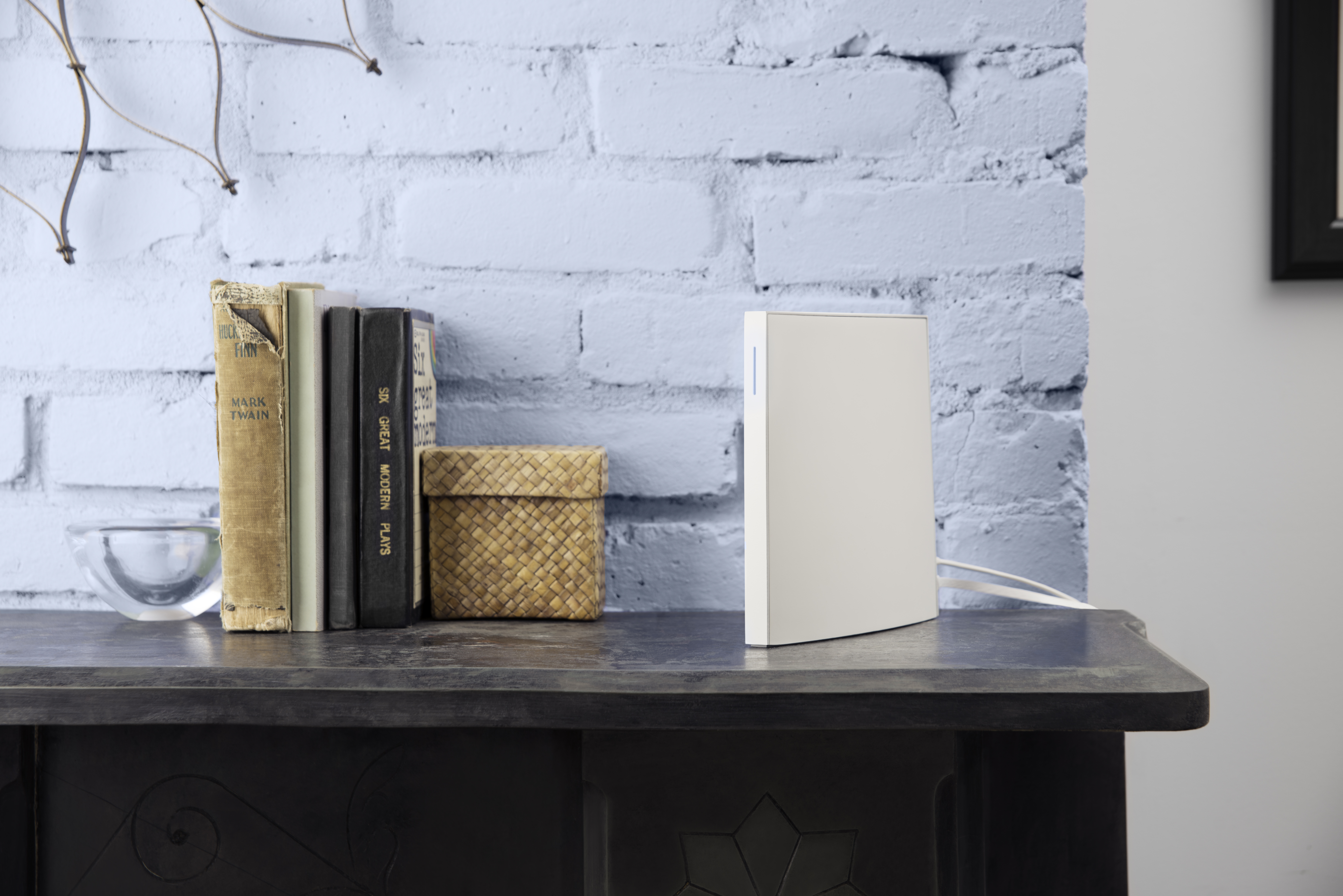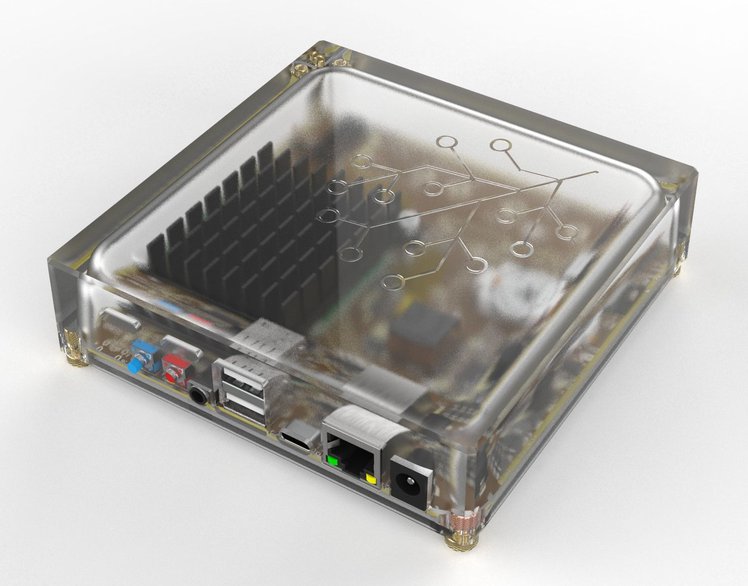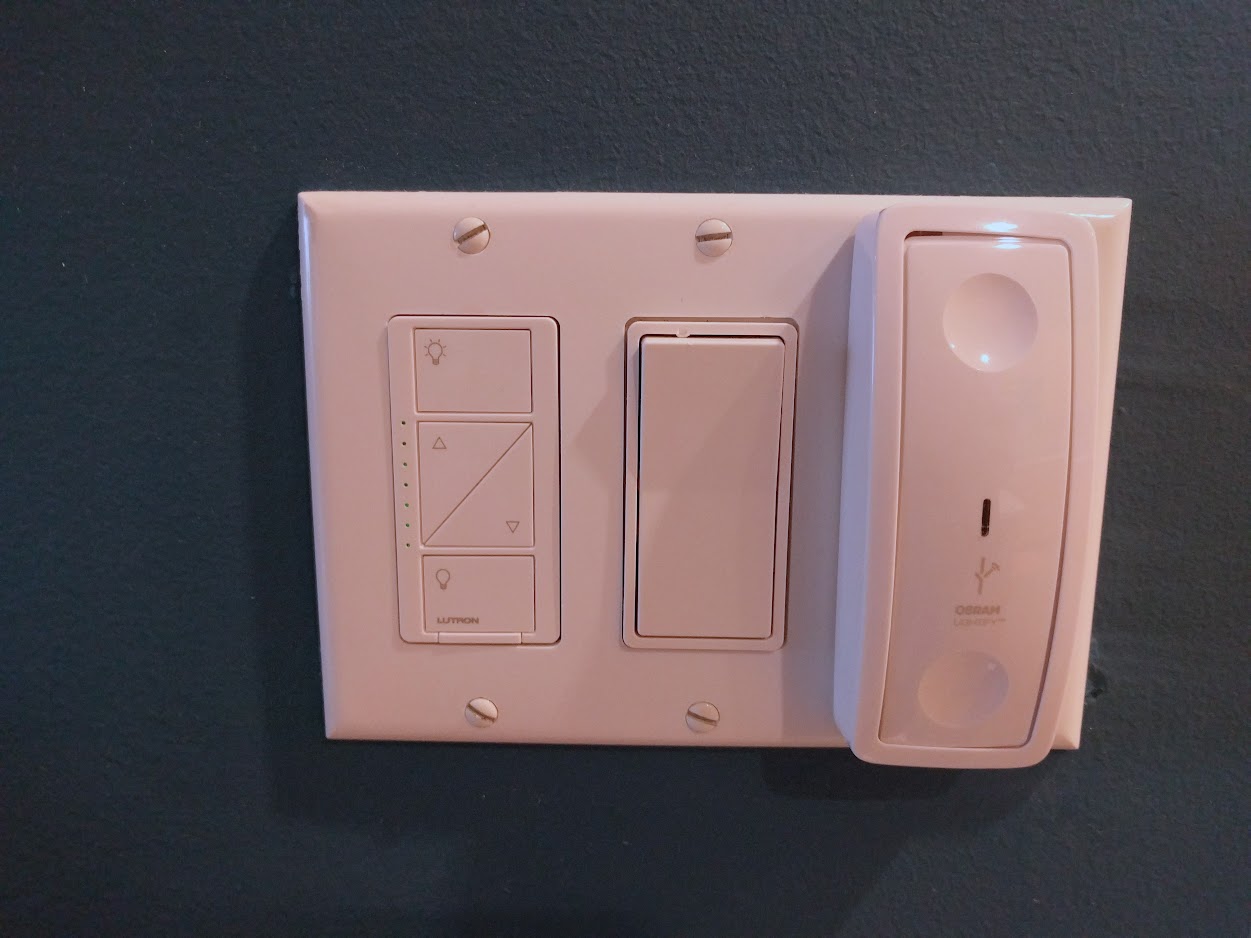We start this week’s show with a deep dive into a popular post from this week about the Helium network. The report pointed out that Helium only made $6,500 in the month of June from data rates. We explain why that’s not a surprise and what it will take to get those numbers up. Then we talk about Apple’s Air Tags and their potential use to track thieves and suitcases. Then Kevin reviews the Eve Motion with Thread sensor and then we focus on the excellent article from CNET that documents when Ring, Nest, Arlo and other camera companies will share your video data with police. The we cover shorter stories from Drover AI, two satellite deals including a $3.4 billion European acquisition deal, and updated lighting features from GE Cync. We then answer a listener question about Insteon’s plan for an annual fee for cloud connectivity and services.

Our guest this week is Jim Ethington, CEO of Arable, a precision agriculture company. He’s on the show to talk about Arable’s $40 million in funding, and what Arable has learned in the last six years of operation. We also talk about the myth of using data to create “perfect predictions” and what sorts of predictions are more realistic when discussing how farm sensors can help farmers increase yields. Then we discuss why farmers are looking beyond simple ROI measurements when adopting technology and how sensor platforms such as Arable’s can help make their investments in sustainability or traceability pay off. We end with a list of hardware that Ethington would like to see for future field sensors. These include better connectivity options and sensors that provide more options for detecting different wavelengths of light. Enjoy the show.
Hosts: Stacey Higginbotham and Kevin Tofel
Guest: Jim Ethington, CEO of Arable
Sponsors: InfluxData and Intent
- Helium is a legit business, but is it worth $1.2 billion?
- The Air Tag is a tool for good or evil
- How Ring and Google decide what videos to share with police
- The future of precision farming goes far beyond greater yields
- Sensors with different spectral ranges will let us better monitor plant health
The post Episode 382: Is Helium full of hot air? appeared first on IoT Podcast - Internet of Things.



